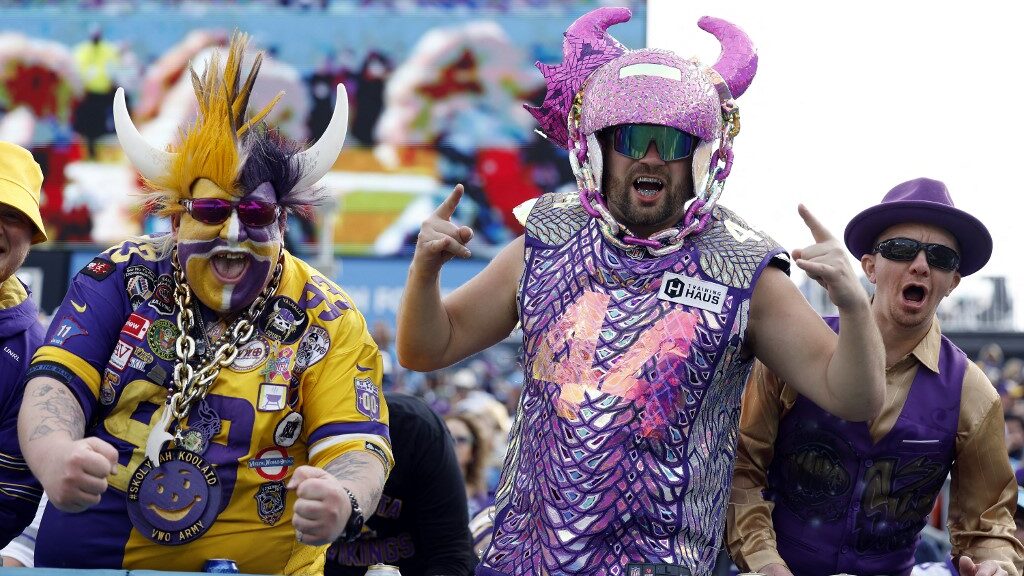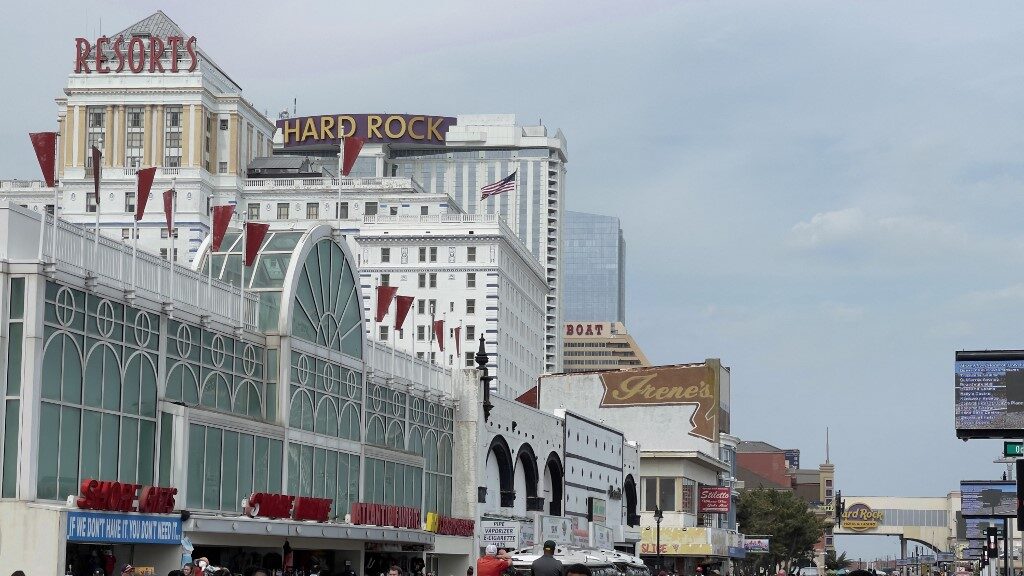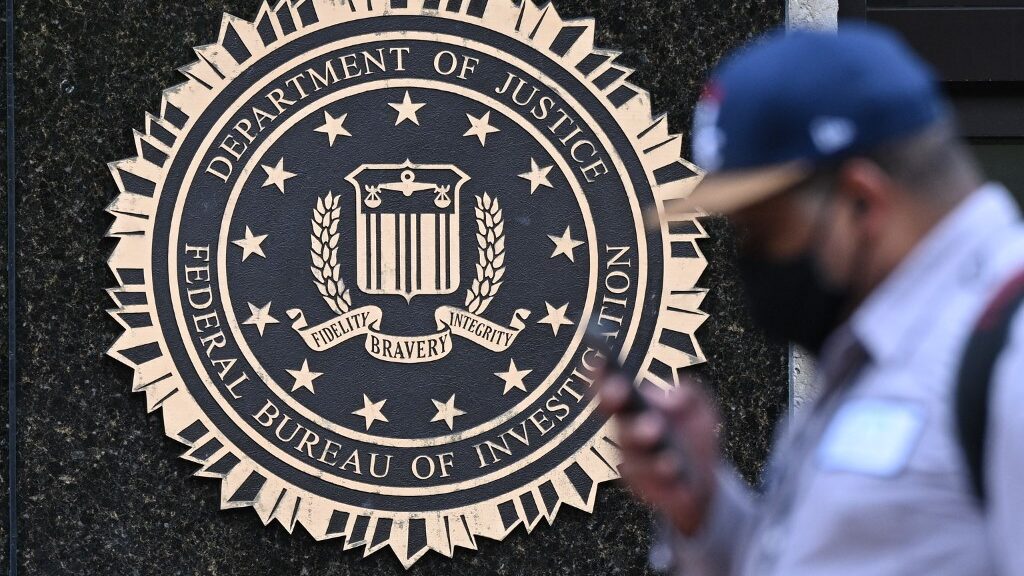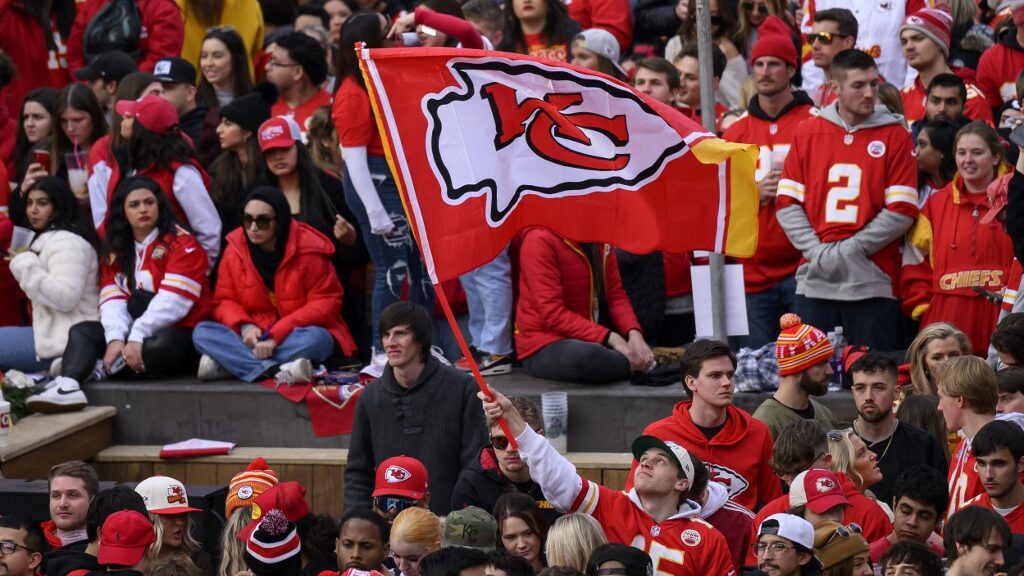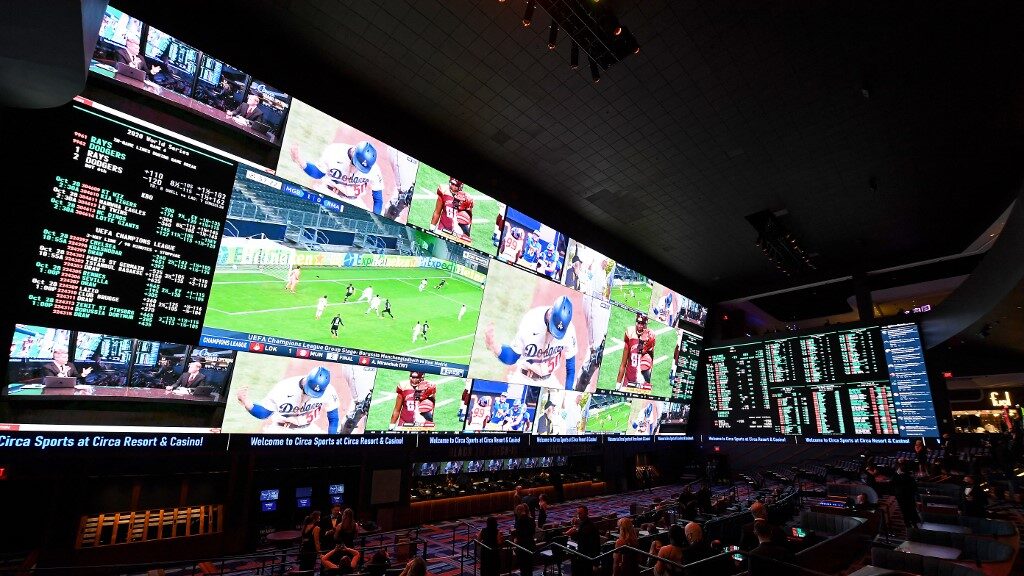
The future of legal sports betting in Minnesota is in doubt after a recent amendment to a bill that would authorize it.
Let’s review the main issues regarding this amendment and its potential impact on the online sportsbooks industry.
Odds and Ends
The amendment, proposed by Sen. Jordan Rasmusson, would ban in-game wagering, a popular and lucrative form of betting that allows bettors to place bets on events that occur during a game, such as the next point scorer, the outcome of a quarter or the number of fouls.
The amendment was approved by the Senate Commerce and Consumer Committee as part of Sen. Matt Klein’s (DFL-53) sports betting bill, SF 1949. The bill, which is a companion to House File 2000, would give the 11 federally recognized Native American tribes in Minnesota the exclusive right to offer in-person and online sports betting, with a 10% tax rate on revenue.
The committee also rejected a proposal to ban betting on college sports.
Tribal Leaders Also Express Concern
The approved amendments worry Andy Platto, the Minnesota Indian Gaming Association (MIGA) Executive Director. “Some of these policy changes are of serious concern to MIGA tribes. However, tribal leaders do ask for the committee’s support of the bill as amended today so it can continue its progress in the Senate,” he said.
Rasmusson said he proposed the amendment after consulting with problem gambling experts, who warned that in-game wagering could increase the risk of addiction and loss chasing by bettors.
He also said the amendment would enhance consumer protections by requiring a problem gambling hotline, studies on best practices to identify problem gambling and a framework for strict self-imposed limits.
In-Game Wagering Ban Faces Opposition
Industry proponents are criticizing the amendment, arguing that in-game wagering is a vital component of a successful sports betting market and that its ban would drive bettors to illegal or offshore operators.
Jeremy Kudon, a representative of the Sports Betting Alliance, said that in-game wagers account for 50% of sports betting revenue in the US and could grow to 75% by 2030. He also said that the bill would be “unworkable” because Minnesota would be the only state in the country to prohibit in-game betting.
Rep. Pat Garofalo, a long-time supporter of sports betting legalization, echoed Kudon’s sentiment, calling the amendment a “poison pill” that would need to be removed for the bill to pass.
He also said that the amendment would undermine the ongoing negotiations between the tribes and the horse racing tracks, who have been seeking a piece of the sports betting pie. The bill still has to go through the Taxes Committee before reaching the Senate floor, where it could face further amendments or opposition.
What’s Next for Minnesota Sports Betting Bill?
The House version of the bill, which does not include the in-game wagering ban, has not been scheduled for a hearing yet. With the legislative session ending on May 20, 2024, time is running out for Minnesota to join the other states that have already legalized sports betting since the Supreme Court struck down the federal ban in 2018.
That leaves Minnesota’s legal sports betting market facing uncertainty once again. The industry’s legislation is moving in the North Star State, but it’s the direction of that movement that is unclear.


